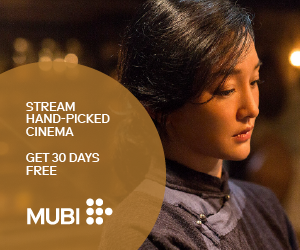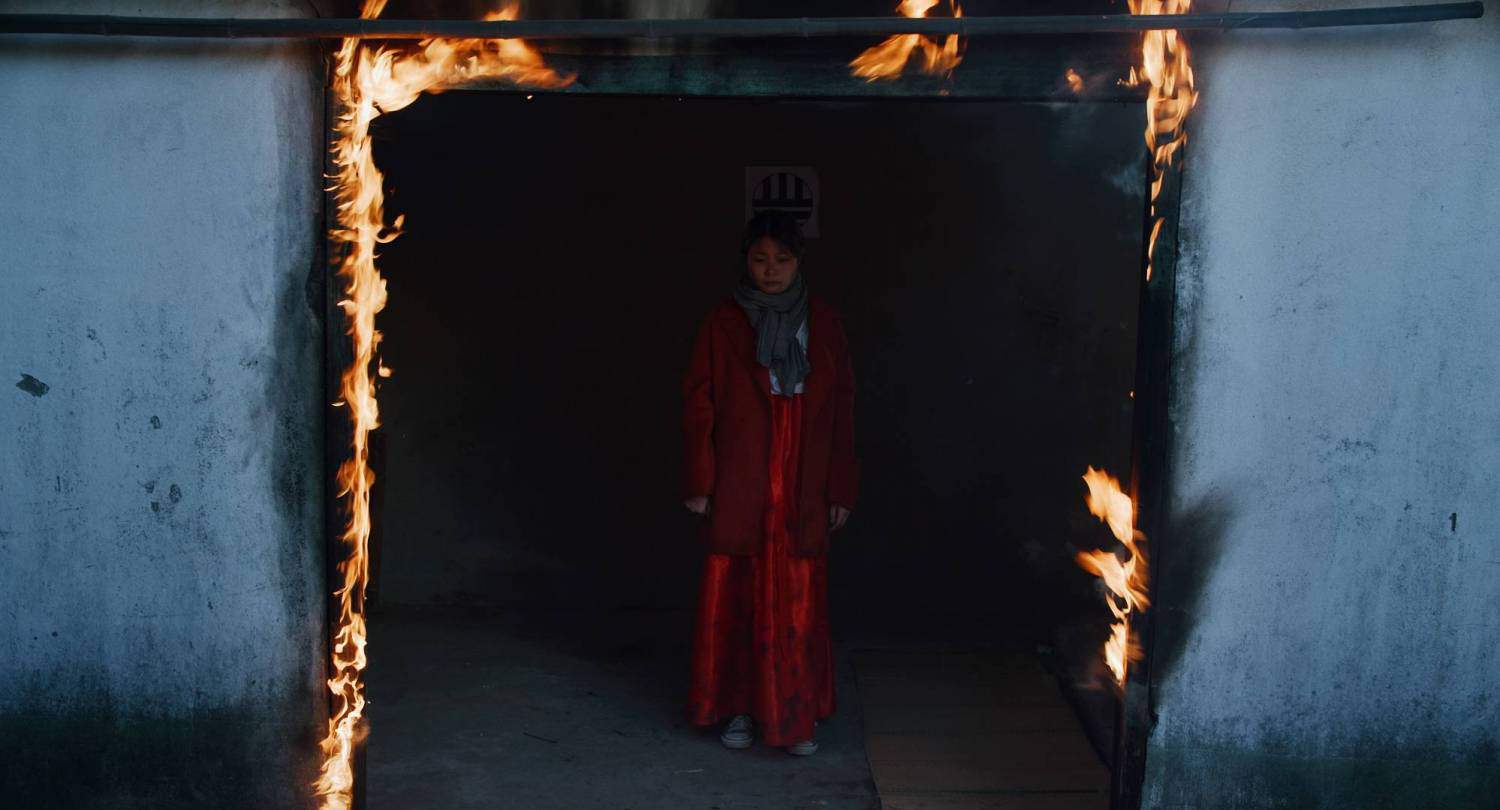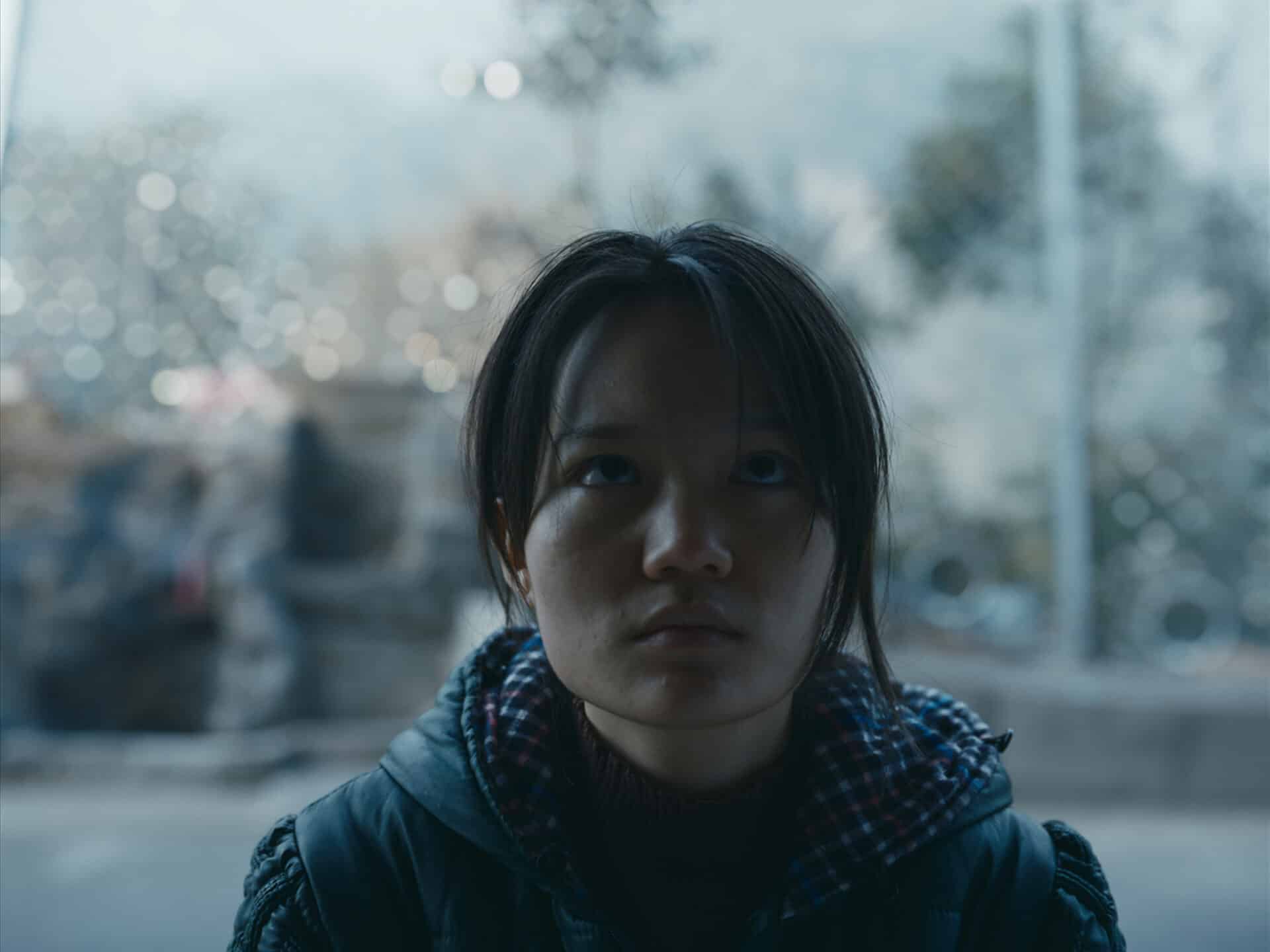The recent surge of martial arts films from ASEAN countries continues with “Tarung Sarung” a movie that uses action as its base to comment on a number of topics, through an approach that looks a bit too much like “Karate Kid”
Deni Ruso (and not Daniel LaRusso) is the heir of one of the richest families in Indonesia, and is pampered through birth, living in privilege and always having people handle his fights, including his fearsome uncle, Oom. After an incident in a club his girlfriend shares on SNS, his mother, Dina, sends him in a remote part of Indonesia where the group is about to build a hotel, completely without support. Deni is completely out of his depth, and things go even more out of hand when he starts flirting with Tenri, a local girl who is also involved in an activist group fighting the building of the hotel and the ruining of the local beach, and has already been asked to marriage by the local Sarong Fighting champion, Sanrego. Deni tricks the girl, hiding his identity, with the help of the two company employees, Tutu and Gogos, but soon finds himself repeatedly beaten by Sanrego.
A friend of Tenri's, Gwen, eventually introduces him to a former champion of the fighting inside the sarong, Pak Khalid, who is now a pastor. Pak Khalid reluctantly agrees to train Deni, as he also tries to make him believe to God again, while a Tarung Sarung competition that is about to happen also presents Sanrego with the opportunity to finally amass the amount of money Tenri's father asks in order to allow him to marry her.
The logic of the narrative is almost non-existent, even by martial arts movies standards, where the script usually just exists to provide a background to the action. Apart from the loans from “Karate Kid”, which could even border on a rip-off, and the many mistakes about cultural references a number of Indonesians have pointed out, the characters are paper thin and their actions border on the illogical, as does the story. At the same time, the presentation of the locals, who for the most part are depicted as “clowns” or bullies with the exception of Tenri and Pak Khalid, could even perceived as offensive, despite the effort at comedy and the social comments about poor people's need of a permanent work. This cliched presentation also extends to Dina, who is always depicted with a drink in her hand (as do the rich do)
Furthermore, the religious elements look completely out of context and misrepresented, with Deni's metastrophe and its function during the quite expected finale bordering on the ridiculous.
Lastly, the sarong fighting constraints movement significantly, and in combination with the PG-13 approach to violence of the film makes the martial arts scenes somewhat dull, and the extensive use of slow motion does not help with that.
The film, however, is not completely without merits. The scenes involving Yayan Ruhian are as great as one could expect from one of the best martial arts coordinators of out times, even in this setting. The ones without the sarong is the one that stands out t, while Ruhian manages to emit a sense of danger even through his impressive smile and overall kind and calm demeanor, although casting him as a regretful pastor was definitely not the best of choices.
Furthermore, Padri Nadeak's cinematography has captured the beauties of the seaside area quite nicely through a number of impressive shots, while Jarot Superdj as Tutu, Doyok Superdj as Gogos and Annette Edoarda as Gwen are quite funny on occasion if a bit racy. On the other hand, Panji Zoni is “wooden” in his performance, a concept that also ruins any chance of chemistry with Maizura's Tenri, while Cemal Farukh as Sanrego seems to exist just to call Deni sissy in his lines.
Archie Hekagery, who also handled the script, seems to have wanted to do too much with “Tarung Sarung“, which resulted in a film too long, too tame, too illogical, and in the end, completely unremarkable.
















